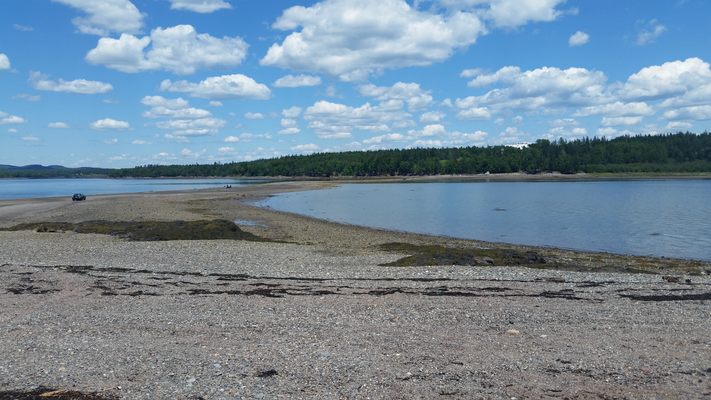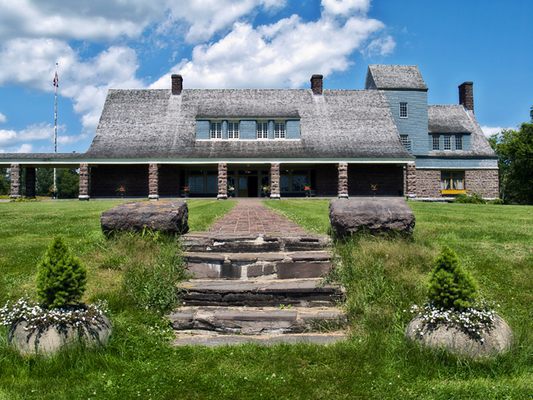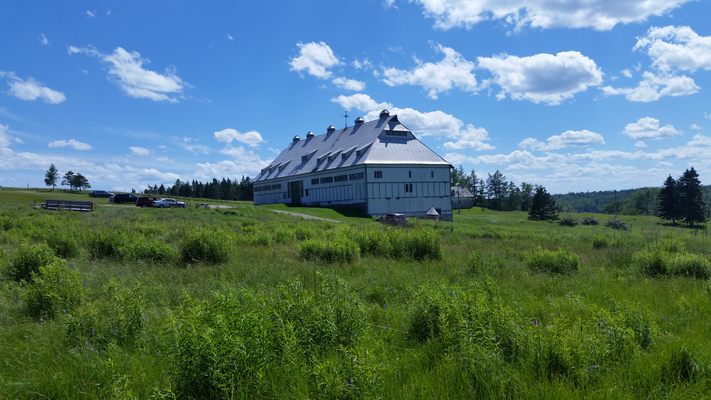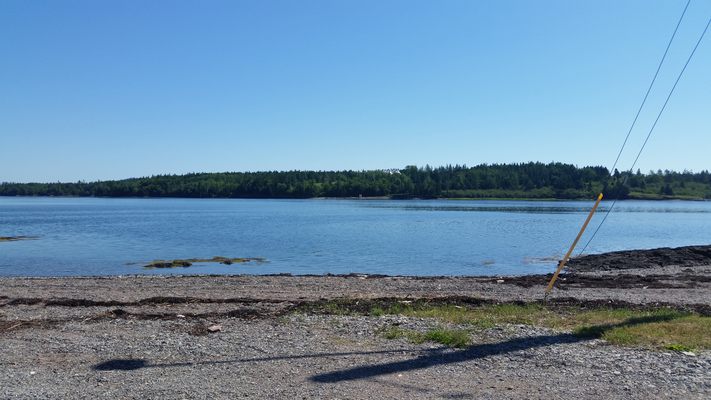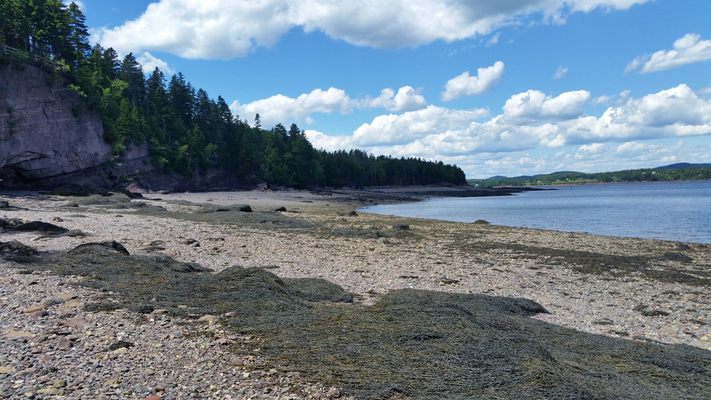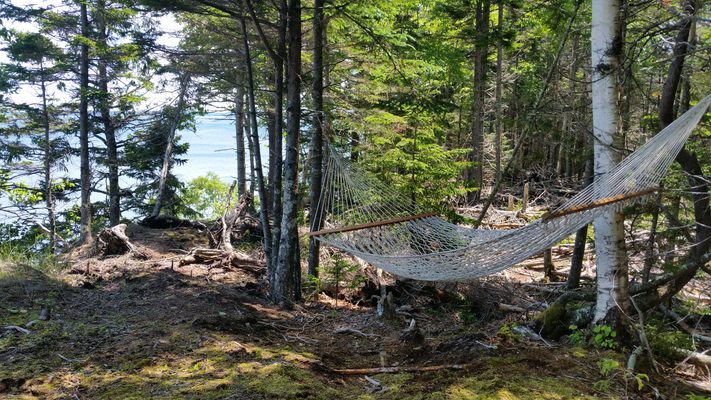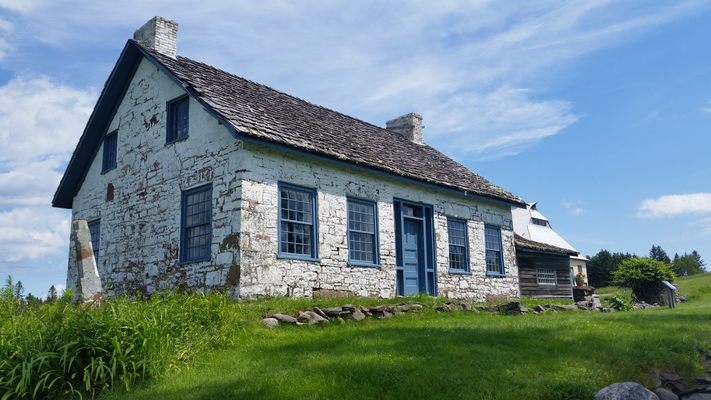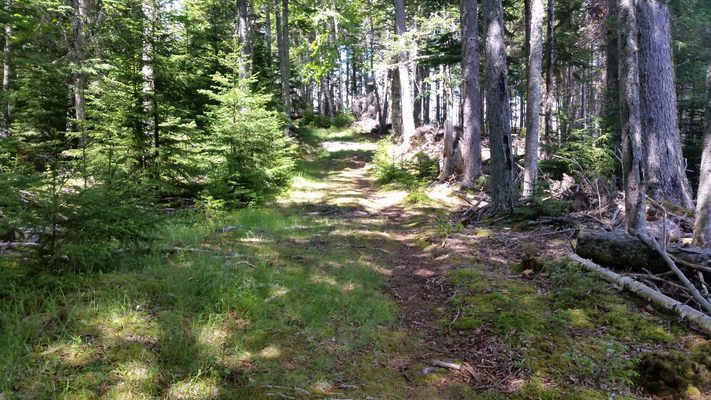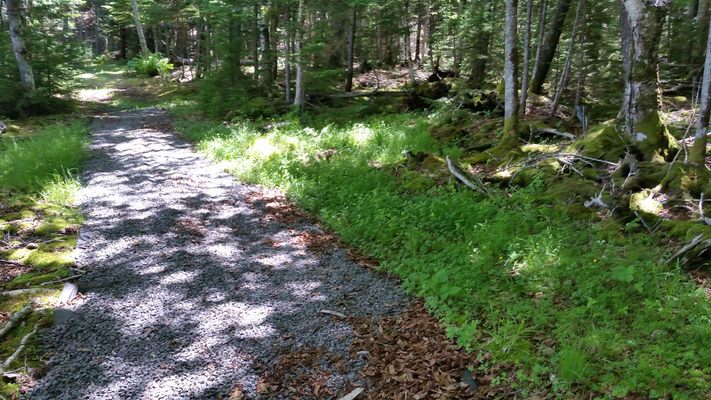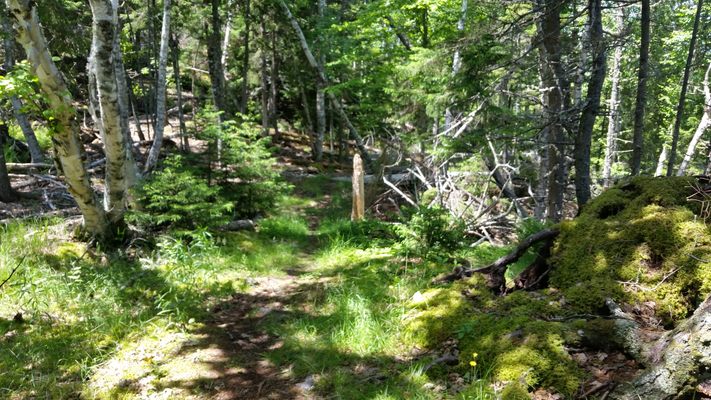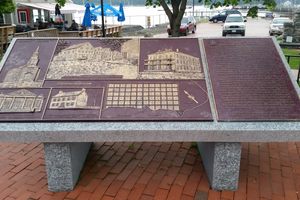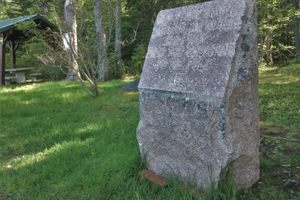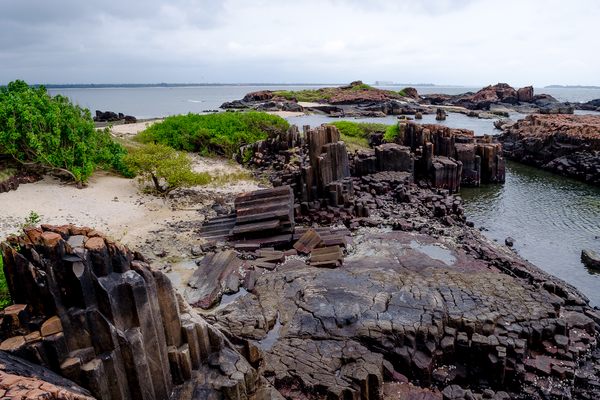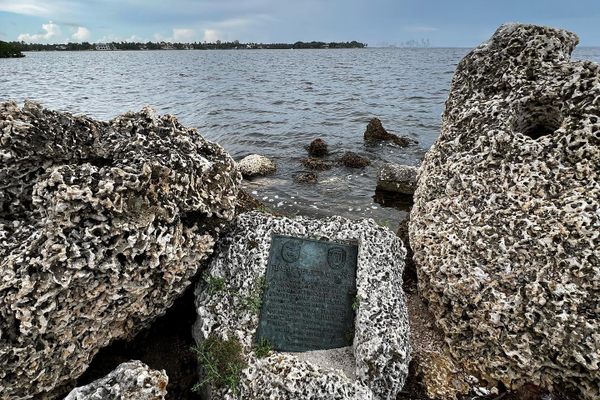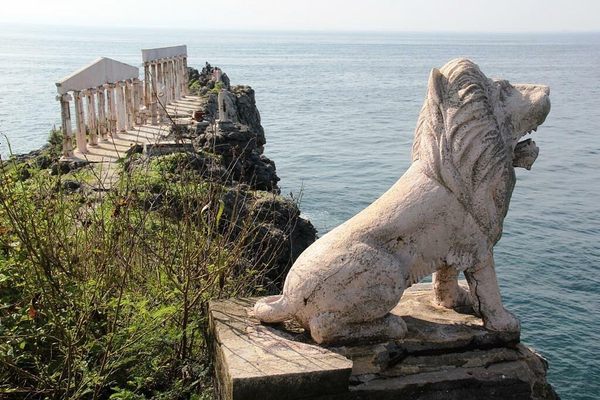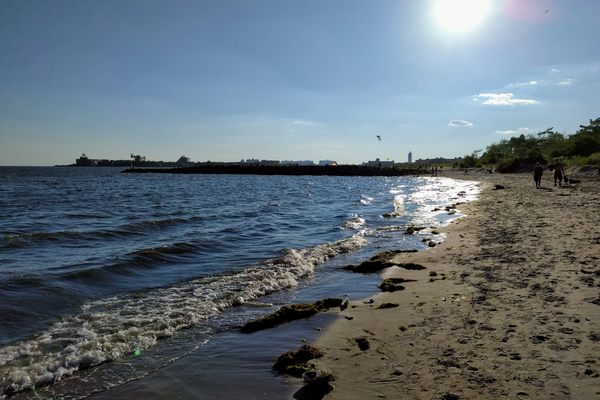About
If you're visiting Ministers Island, take note. During low tide, visitors can drive (or walk) across a seemingly innocuous road to get to their destination. During high tide, however, Bar Road (the island's only access to the mainland) is covered up by 20 feet of water. Bar Road, in fact, is not a road so much as the sea floor, which sometimes exposes itself to the air and operates as a pathway.
The disappearing and reappearing access to its beautiful beaches isn't the only thing that makes this island fascinating. Its surprisingly rich history is equally as cool as its unique landscape formation.
Ministers Island was first settled by the Passamaquoddy Indians centuries ago, who named it Consquamcook Island. Evidence of the Passamaquoddys' settlement was first uncovered during archaeological excavations in the 1970s.
The first European settlers began arriving to the island in 1777, when two British Revolutionary War soldiers (John Hanson and Ephriam Young) "discovered" it. Hanson and Young lived on the island with their families until 1783, when they were ousted by Captain Samuel Osborn. There are several theories regarding the transfer of the island from Hanson and Young to Osborn, including the possibility that the captain used cannon fire to threaten them and force them to flee.
In 1791, the island was sold by Captain Osborn to Reverend Samuel Andrews. Reverend Andrews, the first Rector of St. Andrews, was a popular minister, and the island came to be known as Ministers Island during the time he lived there. In 1891, Sir William Van Horne (President of the Canadian Pacific Railway) began purchasing pieces of the island to build his 50-room summer home, eventually acquiring the entire island.
After Van Horne, the island passed through several owners before being declared a provincially protected site in 1977. The Van Horne estate is still intact and able to be toured for a fee. Reverend Andrews’ house is also still standing.
Hikers can explore Ministers Island's many trails and wade through the water surrounding the island. For those who can find it, there is even a well-placed hammock with a beautiful view from the top of a cliff.
But beware: Any visitor who leaves their car on the island after high tide will have to wait until the next day to drive home.
Related Tags
Know Before You Go
Check the website before visiting to see when Bar Road is open for traffic.
Community Contributors
Added By
Published
July 17, 2017
